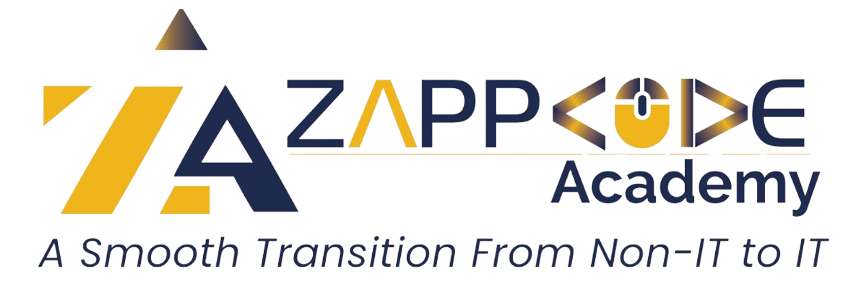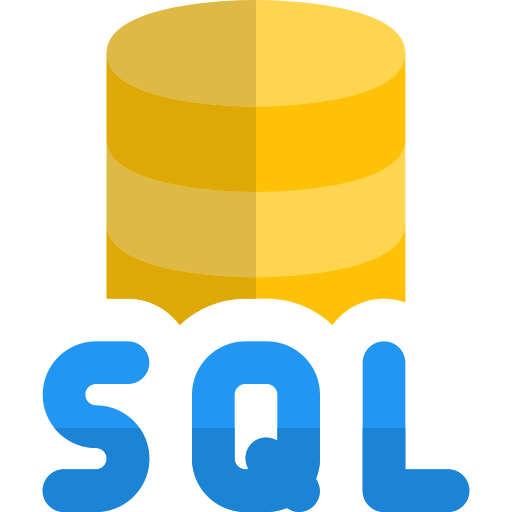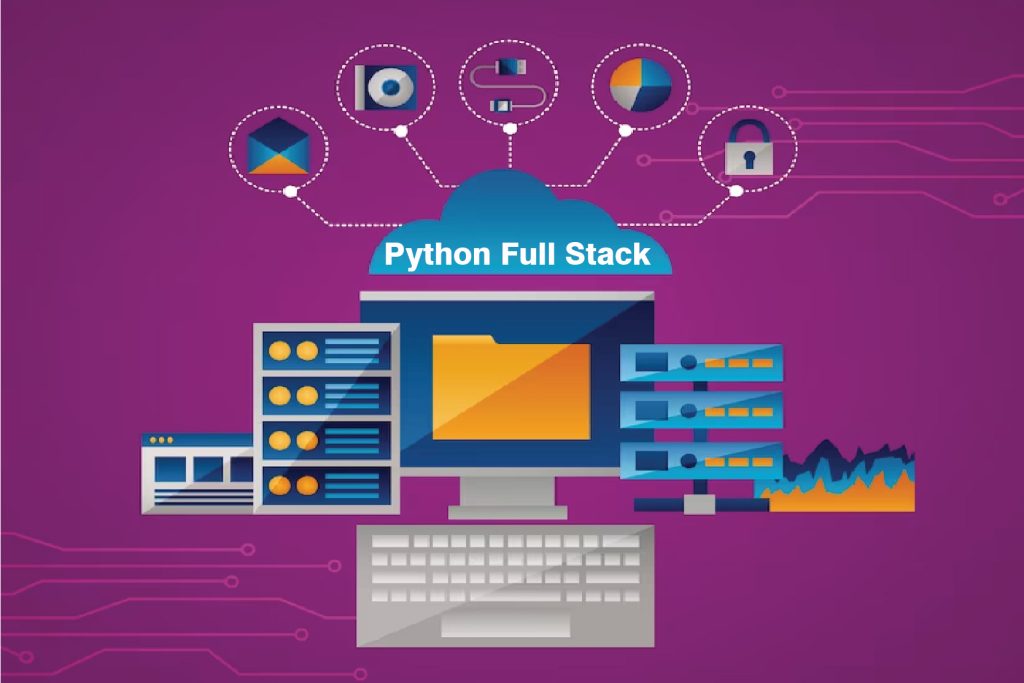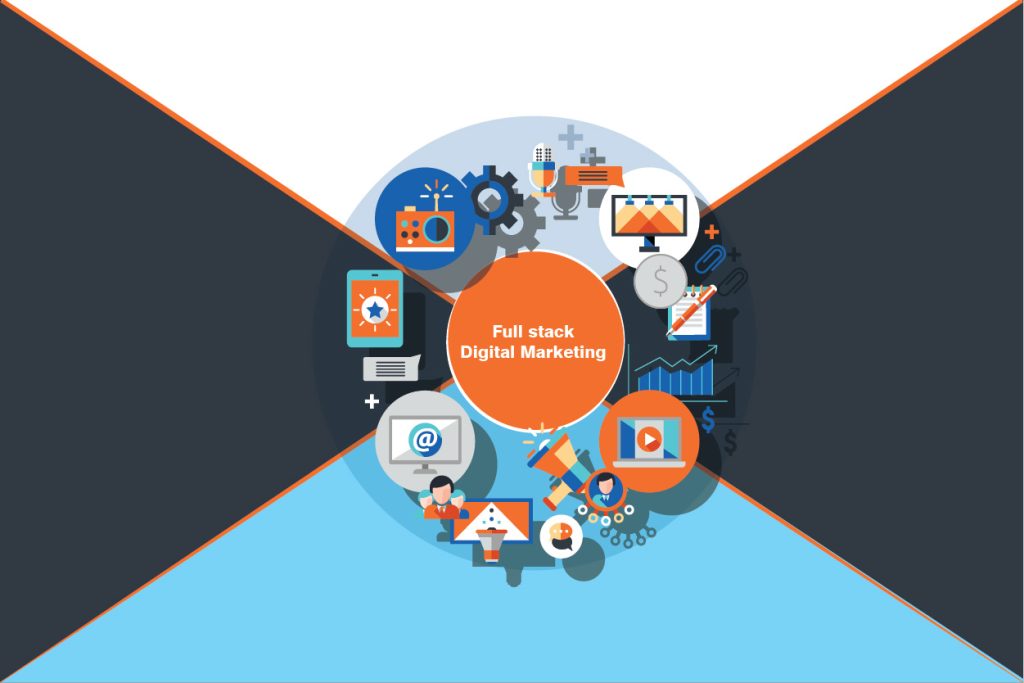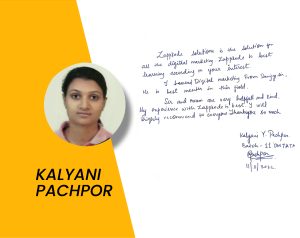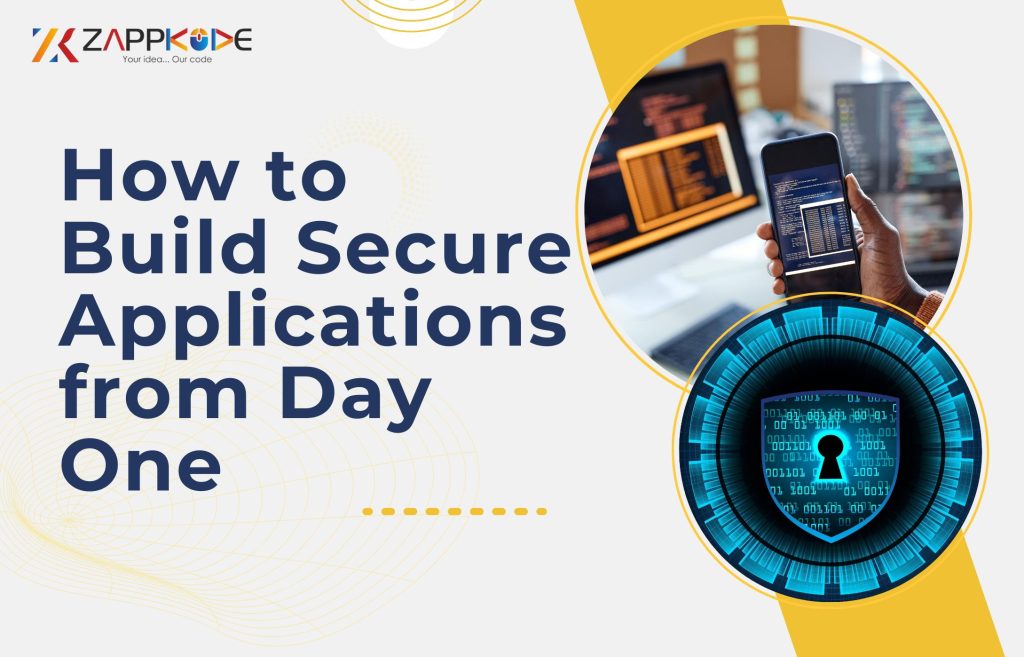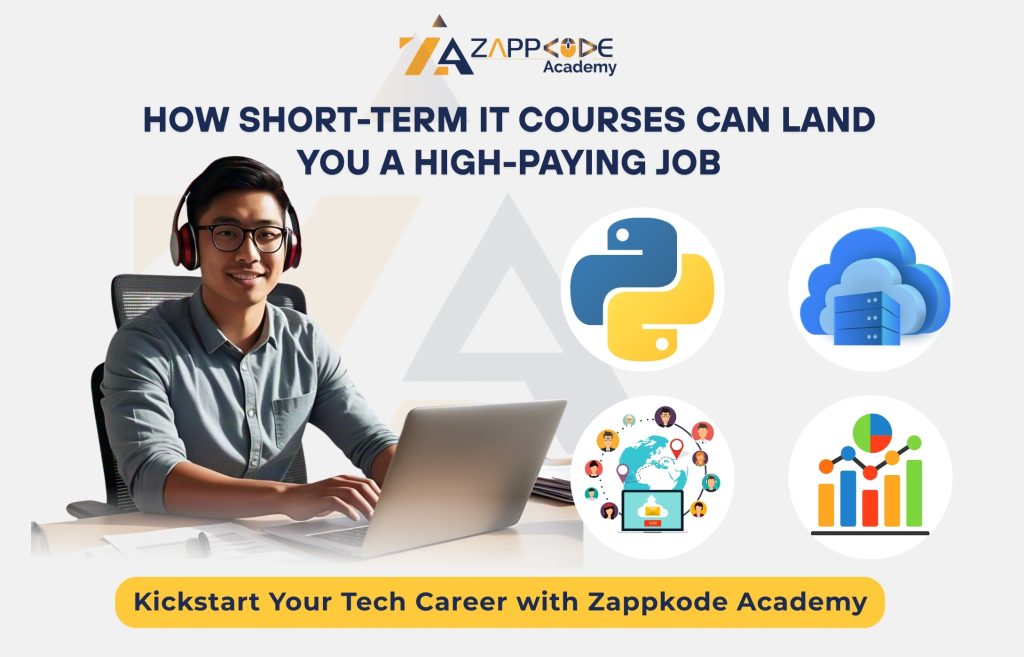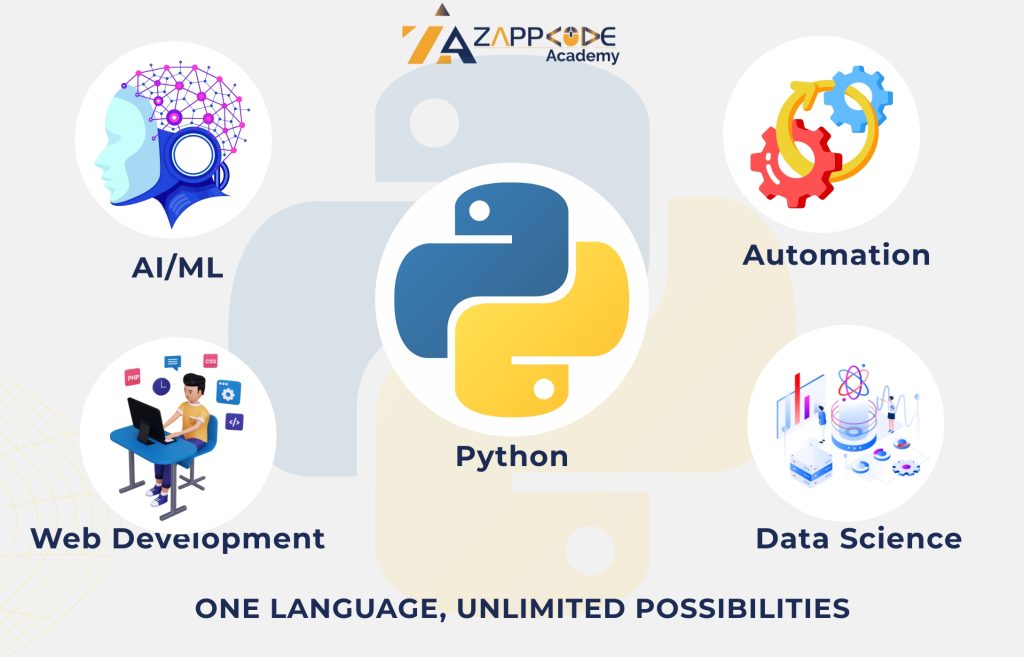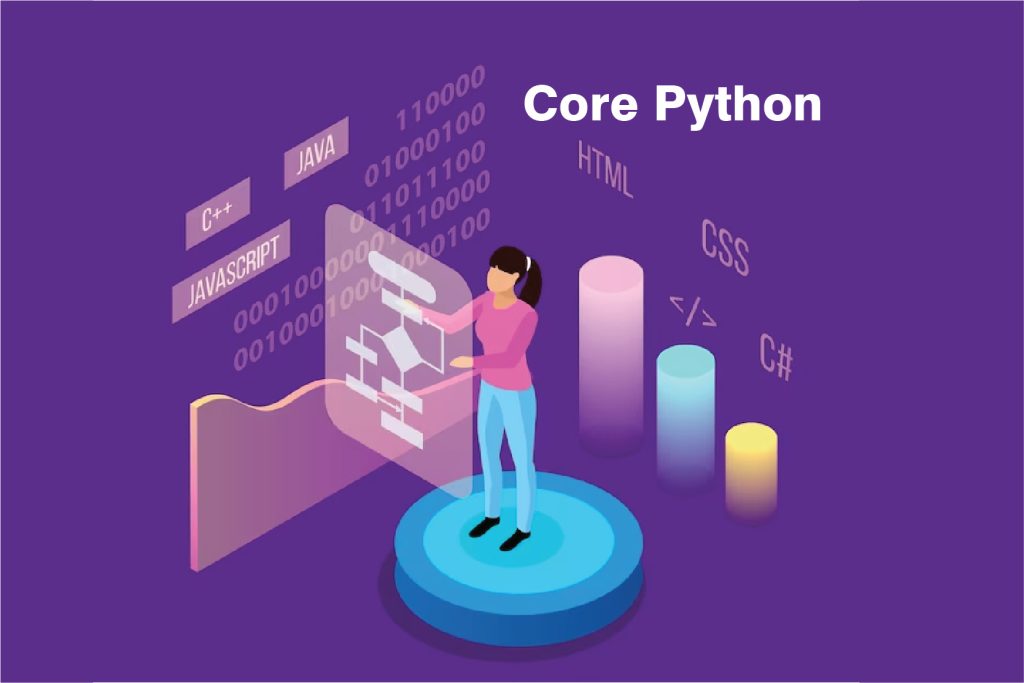Enroll Now
Python
Python training at our institute helps you apply your knowledge in real-world projects and practical scenarios.
Download
- Expert Trainer
- Affordable Fees
- Placement Opportunities
- Hands on Training
- Flexible Timings
- Industry Based Training
Attend Free Demo
Fill the details and we will call you for further guidance
Python course with placement
The kickoff of your Python career promises to be a blast! Along with its clear syntax and numerous capabilities, Python can act as the key tool for web development, data science, automatization, and many more. If you have no experience with Python, or if you need to make a career change into software development, with Python course with placement can be a good choice for you.
The workshops, however, nurture an advanced application of Python. They, however, go into the application, which is a great way to give you the knowledge the companies are in pursuit of. You’ll work on data structures, algorithms, frameworks such as Django or Flask, and, maybe even machine learning, or data science. Python courses with placement guarantee offers Job-based projects are a significant part of many programs, giving you a chance to collect a portfolio that becomes evidence of your capability to prospective employers.
Python courses with placement aspects set them in a league on their own. Reputable institutes usually have very solid relationships with industries and give career advice. This could include workshops such as resume writing and cover letters, mock interviews as well as direct employment by partner companies. Surprisingly, others guarantee a job after the course concludes, which is all the more reason to see them as the best.
Nevertheless, one should be considerate and make sure to choose the right path. Seek institutions that employ qualified instructors, provide the best Python course material that covers current industry trends completely, and have a reputation for successful graduates. Look at aspects like course format (online, onsite, blended), period, as well as the cost to find the program that suits your learning style and budget.
Aside from gaining technical skills, a Python course with placement is a strategic career move. You are, thus, both on your way to acquiring the technical skills and taking a strategic step in your career advancement. With mentorship and practical experience adequately availed, you will be in a good position to jump into a prosperous and stimulating career in the tech sector.
Python course content
Python course content typically starts with the basics such as data types such as integers and strings, the operators for calculation, and control flow using conditional statements and loops. It allows you to begin with the basics and then create more complex programs that can read information and react to user input.
Python course content gradually broadens its focus to the functions – reus which help maintain order and efficiency. you’ll be introduced to creating functions and passing arguments and you’ll be exposed to such concepts as scope and recursion. This makes it possible to create a more sophisticated set of programs.
Data structures evolve as the concept of lists, tuples, dictionaries, and sets is introduced to you. Nevertheless, you can use these strong instruments to successfully arrange and work with the data. You will be skilled in the art of storing, fetching, and editing data within your program. Python course content presents libraries and frameworks that help with the implementation of Python. These tasks could include working with files and web scraping as well as tasks such as data visualization and scientific computing of which NumPy, Pandas, and Matplotlib become your faithful helpers.
Another example of OOP is using classes and objects that might also be introduced. OOP is an essential skill for bigger projects which stands on the ground of code reusability and maintainability. In addition, the Python course content is also going to include some advanced topics such as exception handling, database interaction, and testing frameworks. These elements reinforce your understanding and distill you from the professional world.
However, the subject matter might be different as it would depend on the emphasis of the Python course content. Some of them may focus on web development, data science, or automation with the course being in synchrony with each of these subjects. Yet, it serves a purpose since it gives you an insight into the thrilling experience that is ahead.
The range of Python course durations and fees
Python Course duration and length
- Short and Sweet (1-3 Months): Perfect for newbies or those who want a short recap. Such Python courses may cover the basics and might be designed for a specific application such as web scraping or data analysis.
- Comprehensive Coverage (3-6 Months): Dive deeper into the Python course to a greater extent by a more comprehensive look at data structures, algorithms, and frameworks. This kind of training allows you to become more versatile and adaptable for different developer positions.
- Advanced Exploration (6+ Months): Either target experienced programmers, or those seeking to specialize in a certain programming language. Apart from high-level topics such as machine learning, network programming, or game development, students need to devote a lot of time.
Python Course Fee Factors
- Platform: Online Python courses usually cost less than in-person boot camps, but the price tag may depend on the reputation of the provider and the resources that are provided.
- Delivery Format: Interactive live sessions are usually more expensive than pre-recorded classroom sessions. A mixed approach (or blended learning) might bridge the gap.
- Certification: Python Courses with industry-recognized certification may be pricy but they can boost your resume and job prospects.
- Remember: The price is not the main factor. Do research to find out the courses that offer flexible learning, comprehensive materials, and strong instructor support to have the best ROI. Explore free introductory Python courses or utilize online resources as a way to discover Python programming before investing in a paid program.
Python Courses

Core Python
Crafting user-friendly websites that visually engage and guide visitors towards achieving your goals.
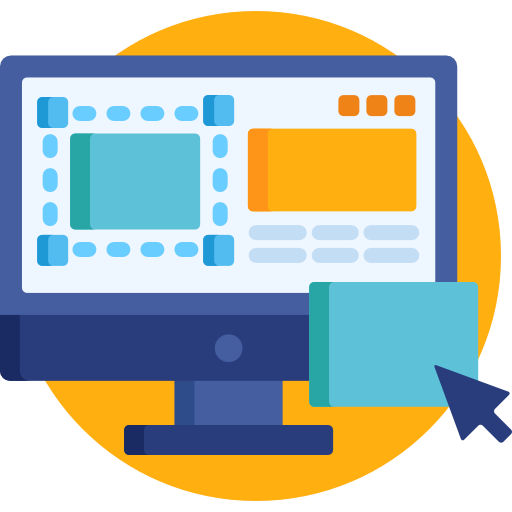
Advance Python
Optimizing websites to rank higher in search results, driving organic traffic from potential customers.

Django
Targeted online advertising where you only pay when someone clicks on your ad, reaching a specific audience.
Highlights of Zappcode Academy
Limited Students Batch
Personalised Attention
Highly Qualified Teachers
Flexible Batch Timings
Interactive Learning
Live Projects
Career Support
Job Oriented Training
Why Python Development in Zappkode?
Build a Solid Foundation
Be proficient in Python programming fundamentals with the help of the Python classes in Nagpur. Master the language of syntax through its use in data structures, as well as with control flow, and this should be enough to help you get equipped for advanced programming issues.
Develop Practical Skills
The Python sessions in Nagpur besides theory serve as a platform to put theory into practice as well as stimulate innovative thinking among students. With hands-on exercises and assignments, you’ll practice using the technical skills you’ll require to solve issues in real-world programming.
Boost Your Employability
Python is undoubtedly the top most relevant skill set required in industries today. When you invest yourself in Python training Nagpur will be realized, your resume will look better and you will be able to outshine other job applicants.
Increase your Business Acumen
Python has not only remained adaptable to regular programming but also transcends into unattractive territories. The python classes in Nagpur specialize in the teaching of data analysis and automation tools that provide a big advantage in sharpening your business acumen.
Get 100% Job Assistance by enrolling in Certified Python Training Course
Job Assistance
30+ Companies Tie-ups
Enroll Now
Placement Initiative for our Students

Zappcode Academy's Job Assistance Program
equips students with the skills and confidence to succeed in Python interviews. They provide Interview preparation Guidance on interview techniques, common questions, and how to showcase your digital marketing knowledge.
- Assured Training and Placement
- Placement Guidance
- Resume Building
- Mock interviews
- Drive Exams
- Provide Internship in Zappkode Solutions
Attend Free Demo
Fill the details and we will call you for further guidance
Our Students Placed and Working with Companies












ENQUIRY FOR Python COURSE FEES
Enroll Now
Master Tools & Technologies in Python
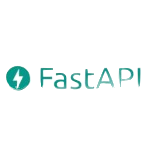


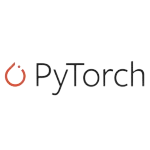



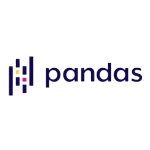

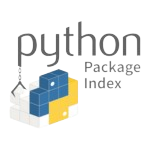
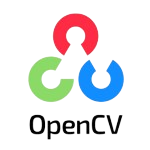
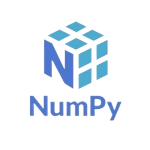
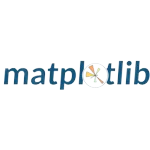


Python Course Curriculam
Our Curriculum Program Covers Basic To Advance Level Content on Python
Knowing Python’s places in some of the current fields (such as web development, data science, etc.)
Learning how to set up your Python development environment.
Basic syntax: variables, data types (numbers, floating points, strings, and booleans)
The mathematical operators are represented by (+, -, *, /, //, %, **).
Relational operators (==, !=, <, >, <=, >=)
Logical operators (and, or, and not).
Operator precedence
Conditional sentences ( if, else, else if).
Looping statements (for, while)
Nested loops along with conditional statements.
Defining and calling functions
Arguments and parameters
Returning values from functions
Scope and lifetime of variables.
Lists: the process of production, dispensation, and alteration of the parts.
Tuples: immutable ordered sequences
Dictionaries: a JSON object for storing the data elements.
Sets: bunches of things that look alike and are likewise not arranged.
String slicing, concatenation, and format.
Upper(), lower(), split(), and join() are all examples of string methods.
Regular expressions (basic introduction)
Don’t forget to add built-in and external modules.
Modules can offer their functions and classes as is.
Package management with pip
Classes and objects: instances, attributes, methods declare.
Getting an understanding of the concepts (i.e.) encapsulation, inheritance, and polymorphism.
Constructor and destructor methods
Text data is read from and written to text files.
Exception handling (try, except)
NumPy library for the numbers calculations.
Panda library as a solution for data manipulation and analysis.
DataFrames: data development, acquisition, and altering.
Basics of Flask or Django framework
Building simple web applications
Be familiar with the fundamentals of Git, such as repositories, and branches.
Version control principles used for code managing
The scikit-learn library serves as a platform for various machine-learning algorithms.
The primary building blocks of machine learning (classification, regression).
Unit testing by unit test may be applied as unit testing principles.
Having unit tests for Python program code is worth it.
Fixing and correcting errors in Python code is a challenging task.
This approach bypasses the need for humans to constantly supervise and instead allows the AI system to analyze and correct its own errors.
You need to choose a project idea that suits particularly your interests.
Planning, execution, and test phases
Integration with version control for management project activities
Generators, iterators, and decorators
Context managers and metaprogramming
Research different types of jobs that are associated with the Python programs and skills you have.
Creating a portfolio that can be used to show your skills and talents.
Online forums, discussions, and documentation.
Remain fresh by tracking emerging Python trends.
Description of main ideas, which were covered in the course.
Browsing on various educational materials and career foresights.
Download Syllabus Broucher for more details
Download
Frequently Asked Questions
In case you are after a programming language that is considered to be versatile and in demand on the market, a Python course will be ideal for you. One of the most fascinating characteristics of Python programming is that even a beginner who doesn’t have any coding experience can learn the language’s clear syntax, and more advanced developers can use its capabilities on different projects.
Industry demand for the skills associated with Python is extremely high among varied sectors. Python course can give you this required professional skill for web development, data analysis, machine learning, automation, and many others. Being one of the most popular programming languages, Python opens considerable job openings and also brings high salary incomes.
A structured Python course will teach the foundations of the language which include variables, data types, operators, control flow statements, functions and objects, and signs. Most likely, you’ll go deep into Libraries like NumPy and Pandas to manipulate data, and you’ll explore frameworks like Django or Flask depending on the course emphasis.
Absolutely! The Python courses are offered in different formats to satisfy the learning needs of people of various types, tastes, and goals. From onsite classes to instructor-led sessions, to online courses that allow self-led style, you can find almost everything: from fast-paced boot camps to rapid skill tutorials.
The span of a Python course is dependent on the type and depth of matters that are being dealt with. The commencement of basic courses might take a few weeks, but in the last stage where more comprehensive topics are being considered that may develop into months.
Normally with Python courses, prior programming knowledge is not needed. Computer literacy and logical thinking though cannot be as vital as other subjects in the current times. There might be Advanced level courses, that would have their specific prerequisites, so checking with the institute in advance is a good idea.
Interview Questions
I’m a layman in Python because it is a multipurpose language, useful in many areas. Web development, data analysis, machine learning, and also automation of operations become possible with it.
[Yes/No]. If yes, then: I have worked with [highlight the programming languages you can program in]. If not, then: I have never had any formal programming experience nor I am behind when it comes to technologies.
I look forward to an internship experience that will give me a solid basic in Python syntax, data structures, and control flow. Adding to that I want to have the practical skills honed by doing projects whose outcomes will be directly applied to real-world problems. In the end, my objective is to be able to [put specific your given goal, e.g., build a simple web application, analyze a dataset].
For me, I’m a multimode learner who is exposed to different methods like lectures, hands-on activities, and group discussions. Moreover, I prefer self-regulated learning and online extract.
I guess the beginning is not a joke, I expect the first time to be very difficult and understand things like object-oriented programming. On the other hand, I am resolved to put in the work because I have faith in the course’s guidance and the fact that perseverance will make me achieve the same.
Latest Blogs
How to Build Secure Applications from Day One
In today’s digital age, building secure applications is no longer...
Read MoreHow Short-Term IT Courses Can Land You a High-Paying Job
How Short-Term IT Courses Can Land You a High-Paying Job? ...
Read MoreWhy Python is the First Programming Language You Should Learn
In today’s fast-paced digital world, learning to code has become...
Read MoreWhat Is The Main Difference Between SEO And SEM
Grasping what is the main difference between SEO and SEM...
Read More